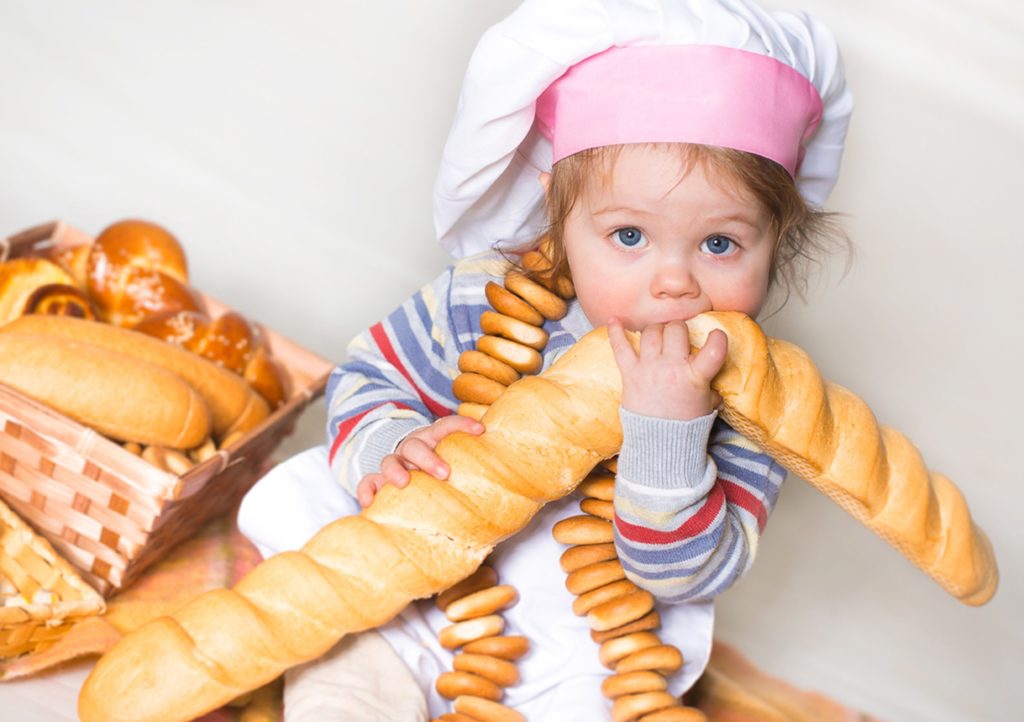Primary objective in MycoSafeBread was to optimise bread products tailored for young children, with an absolute minimum of the mycotoxin DON, while meeting the recommendations for wholegrain consumption and nutrient composition.

Cereal based products constitute a major part of the Norwegian diet, however, cereals are often compromised by contamination with the mycotoxin deoxynivalenol (DON). The average consumption of grain-based food in toddlers is approximately 5 times as much as for adults. Governmental health recommendation to increase the consumption of wholegrain due to the high content of dietary fibers, is aggravating the challenge with mycotoxin contamination because mycotoxins are usually located in outer parts of the grain (bran). The Norwegian Scientific Committee for Food estimated that the high end dietary intake of DON in children is exceeding the tolerable daily intake by 3-4 fold. The health consequences of this are not known, but recent research from NVI showed behavioural changes in mice exposed to low doses of DON, and others have shown inflammatory responses in gut and brain of mice. There is a continuous need to safeguard cereal based food, in particular products highly consumed by children. Primary objective in MycoSafeBread was to develop Norwegian bread products tailored for young children, with an absolute minimum of DON, while meeting governmental health recommendations with regard to wholegrain and dietary fibers. In pilot scale we have investigated combinations of traditional milling and new dry fractionation technology. Contaminated fractions were processed further to reduce DON content. By re-combining ingredients we have produced bread products and evaluated their safety by chemically quantifying and evaluating the bioaccessibility of DON and derivatives using in vitro digestion models. MycoSafeBread has contributed to develop and strengthen competence within cereal processing technologies, product design and innovation, and explored combinations of traditional and new processing technologies. The results of the project contribute to maintain food safety and nutritional recommendations as well as consumer confidence and increased value in the cereal production chain.
The research team consisted of a strong alliance of scientists within the fields of cereal processing (Nofima) and mycotoxin chemistry (NVI).
MycoSafeBread was a 3 years project led by Nofima and funded by the Norwegian Research Council (2020–2023). Link to project page at Nofima.